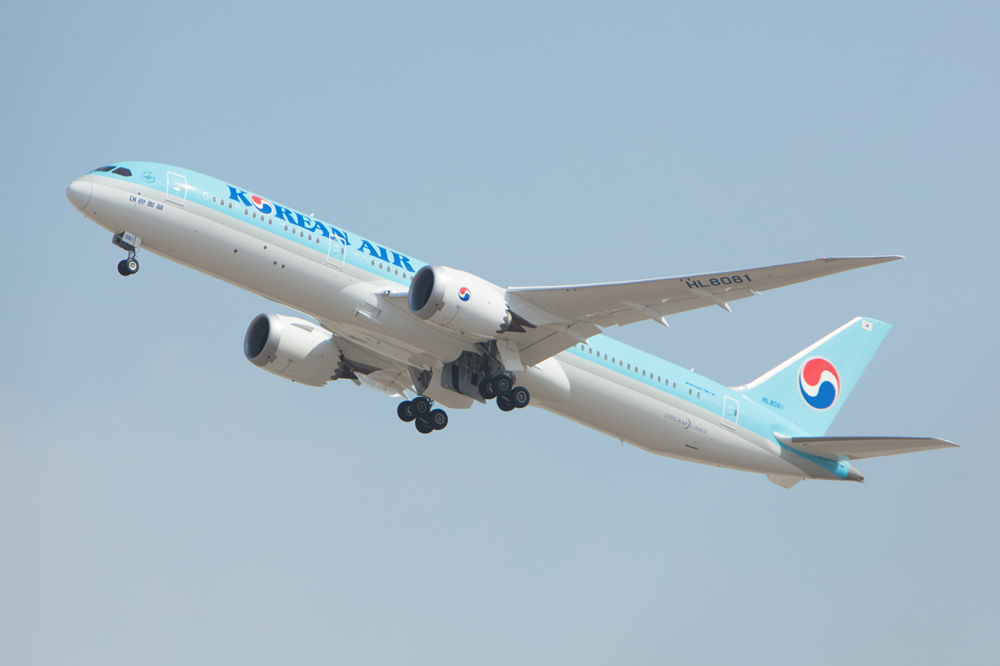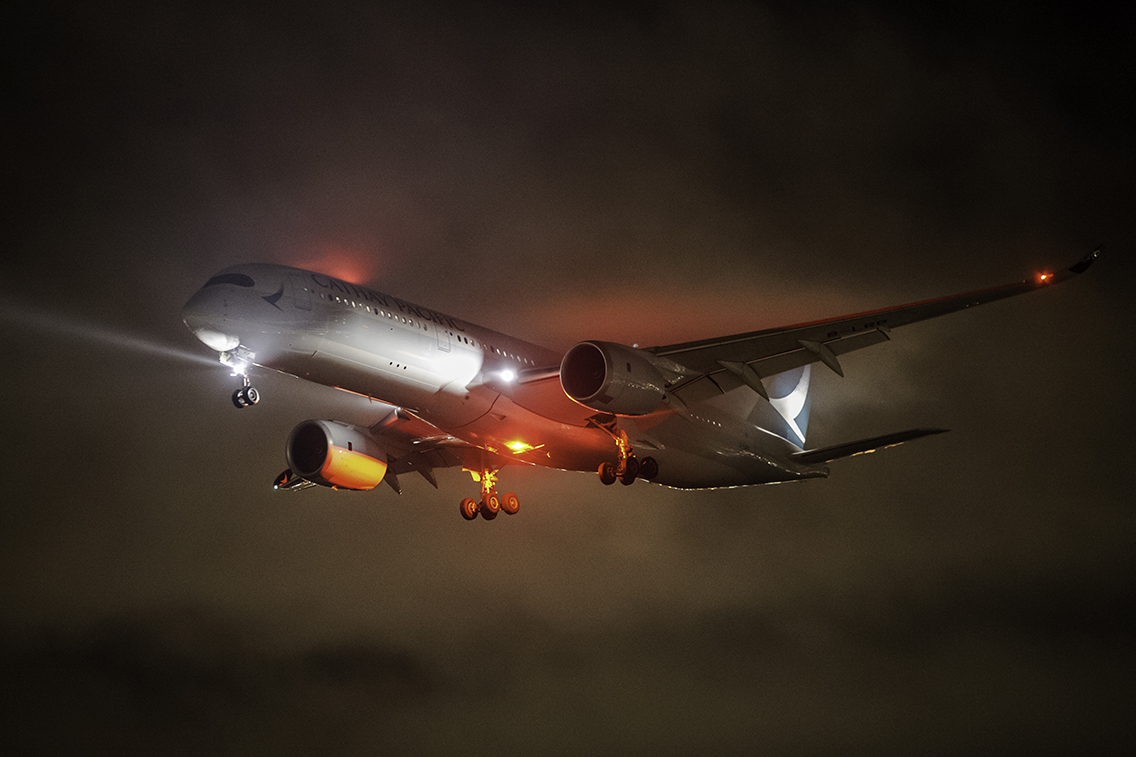Qantas is making a last-ditch attempt to convince Australia’s International Air Services Commission to reverse its decision against a code-sharing extension with Cathay Pacific.
In a submission on IASC’s draft determination against the proposal, the Flying Kangaroo reiterated its stance the extension was pro-competitive and satisfied Australian legislative requirements.
The commission in May found that the public benefits of the proposal were substantially outweighed by the public detriment.
READ: Cathay-Qantas codeshare bid rejected.
It said the proposal was likely to “entrench and expand the market position of Qantas and Cathay to the detriment of Virgin Australia’s competitive position and position of potential future entrants to the route”.
The Hong Kong carrier and Qantas wanted to update an August 2018 agreement that allowed Qantas to add its code on 15 one-way routes beyond Hong Kong operated by Cathay or Cathay Dragon and Cathay to add its code on 25 one-way routes on Qantas’s domestic network.
The variation added another 19 one-way routes beyond Hong Kong on the Cathay/Cathay Dragon side and 32 one-way Australian domestic routes operated by Qantas.
The bid was opposed by Virgin Australia, which flies to Hong Kong from Melbourne and Sydney, and raised concerns at Australia’s competition watchdog.
In its latest submission, Qantas said it disagreed with the approach the commission adopted to assess the competitive effects of the codeshare and objected to the emphasis placed on point-to-point routes between Australian gateways and Hong Kong.
It said the point-to-point journeys could not be sold in isolation and the proposed codeshare was designed the maximize and facilitate through journeys.
Any potential impact on point-to-point routes “would be marginal or non-existent in practice” but the commission had “almost entirely focussed on Australia-Hong Kong routes in its assessment”.
The airline argued the commission’s “narrow focus” did not properly assess the genuine competitive constraints on Qantas and Cathay or the public benefits that would be delivered to passengers wanting to travel from Australia to destinations beyond Hong Kong.
Nor did it give sufficient weight to the fact that other carriers that actively compete to sell itineraries between Australia and destinations beyond Hong Kong could respond to any hypothetical price rise for capacity restriction by Qantas or Cathay with respect to connecting passengers.
“In addition to placing insufficient weight in the broader “behind/beyond” nature of the proposed codeshare, the draft decision appears to adopt a view that the point-to-point Australia-Hong kong routes are not currently characterized by healthy competition and this will be exacerbated by the proposed codeshare,’’ Qantas said in its submission.
“Evidence shows this is not the case. There is currently intense competition between the direct operators, Qantas, Cathay and Virgin Australia.
“The market is growing in terms of passenger volumes and capacity, airfares have been on a downward trend for many years and all operating carriers are investing in improvements in product and service quality.”
Virgin has applied separately to the Australian Competition and Consumer Commission to strengthen its ties with Virgin Atlantic on routes such as Hong Kong.
It has argued the agreement is crucial to the sustainable operation of its services between Australia and Hong Kong.
Meanwhile, Qantas has been allocated 337 seats of passenger capacity in each direction on the Australia-Chile route.
























